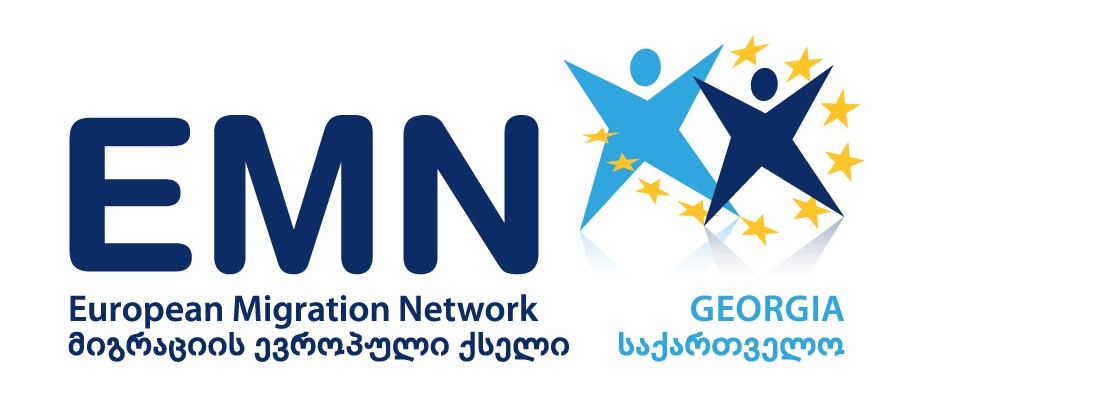Budapest Process
The Budapest Process is a consultative forum of more than 50 governments and 10 international organisations, aiming at developing comprehensive and sustainable systems for orderly migration. It involves states from the wider European region with the purpose of exchanging information and best practices in dealing with topics such as regular and irregular migration, asylum, visa, border management, trafficking in human beings and smuggling of migrants, readmission, return, etc. Through this dialogue, the Process promotes good governance in the field of migration, a harmonised approach in dealing with irregular migration challenges and the transfer and common understanding of migration concepts and policies.
The Budapest Process was initiated by Germany in 1991, which was one of 26 European countries to work on joint measures against the increase of irregular migration pressures in Europe. The Budapest Process is currently chaired by Turkey, with Hungary as co-chair.
Since its inception, the Budapest Process has developed through a series of phases. The first phase (1993–2003) focused on cooperation with the countries of Central and Eastern Europe, which were at that time outside the EU framework, as well as with countries of South-East Europe. The second phase (2003–2009) brought the countries of the Commonwealth of Independent States into the cooperative framework of the Budapest Process and established a durable network to the East. A third phase, with a regional approach, started in 2010 and has so far produced another expansion to the East to include the so-called "Silk Routes countries" (Afghanistan, Bangladesh, Iraq and Pakistan) as new participating states. The third phase has three priority regions and three Working Groups: the South-East European Region (Chair: Croatia), the Black Sea Region (Chair: Bulgaria) and the Silk Routes Region (Chair: Turkey).
Guiding Principles
The Budapest Process is intergovernmental in character. It provides a framework for States and other stakeholders to meet on an equal footing, to address issues of common concern and exchange information. Participating states provide guidance and leadership in all activities undertaken within the framework of the Process, with the administrative support and coordination by its Secretariat International Centre for Migration Policy Development. It is a flexible forum, open to all interested states and international organisations active in the broad migration field, and has an informal working character on the basis of recommendations and conclusions.
Current Chair
Reflecting the evolving dynamics of the Process in January 2006, Turkey took over the Chairmanship of the Budapest Process (Hungary remains as Co-chair) putting a strong emphasis on continuity and bringing in broadened ideas with regard to the topics examined. In addition to the traditional areas of interest for the Budapest Process, these topics include return and readmission, border management and asylum, admission and immigration policies, labour migration, integration and re-integration.
For additional information, please see web-page: https://www.budapestprocess.org/
Ministerial Declarations of the Budapest Process
Ministerial conferences are milestones in the development of the Budapest Process, where the respective declarations and accompanning action plans are adopted. The mentioned documents are available on the following link: https://www.budapestprocess.org/resources/ministerial-declarations


